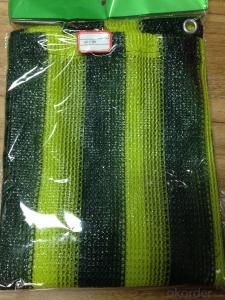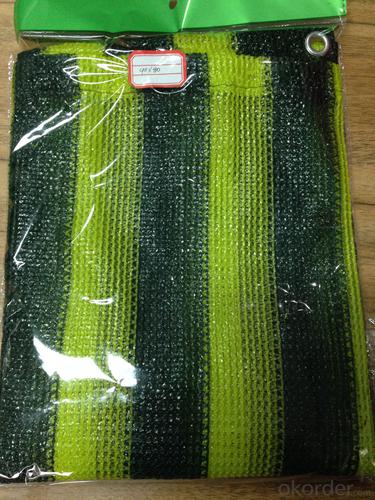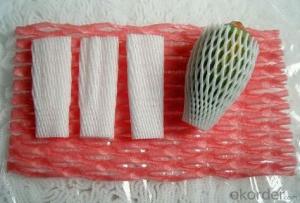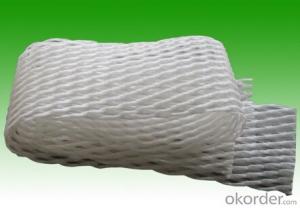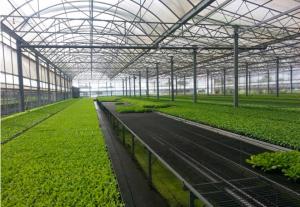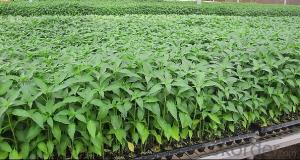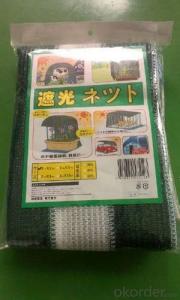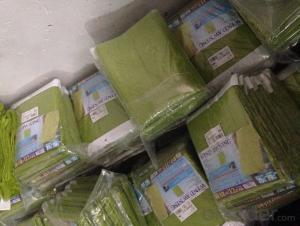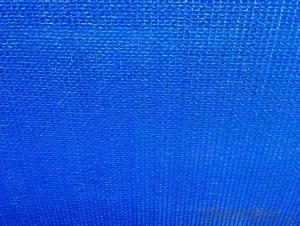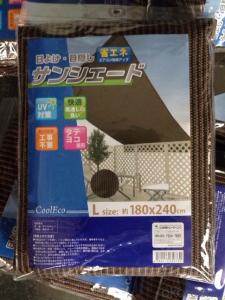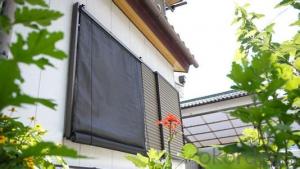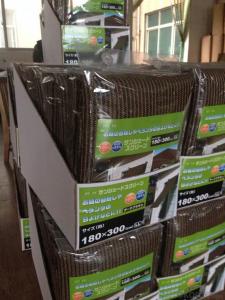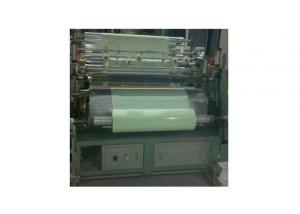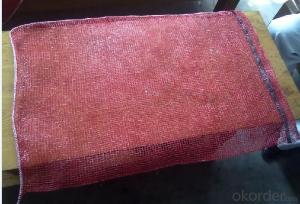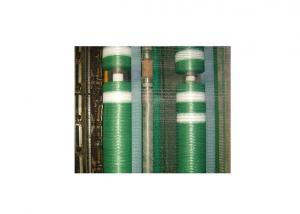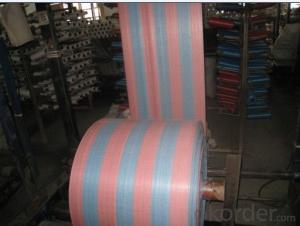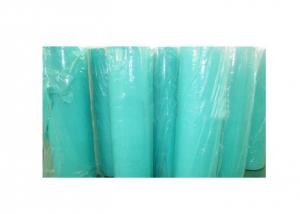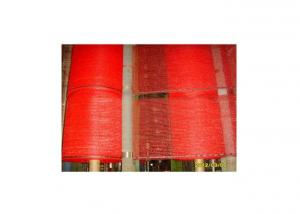Shade Net Export to Japan Market
- Loading Port:
- China Main Port
- Payment Terms:
- TT OR LC
- Min Order Qty:
- -
- Supply Capability:
- -
OKorder Service Pledge
OKorder Financial Service
You Might Also Like
Specifications
balcony privacy net
1.Material:100% new HDPE,UV
2.Weight:120~220gsm
3.Useful life:3~5 years
4.balcony net factory price
balcony privacy net/shade net/window net
--product description
Product | balcony privacy net/shade net/window net |
Brand Name | XINH-GL-80 |
Material | 100% new HDPE with UV,long service life |
Color | Green,yellow,blue,gray (as your request) |
Weight/sqm | 120~220gsm |
Size | Width:0.5m-3m, Length: as your request |
Samples | 1). sample time: Within 7-15 days. |
2). Sample charge: According to product details. | |
3). Sample refund: Negotiable | |
4). Send sample: Via TNT, UPS, FedEx, DHL Express | |
Sample is free for you to test the quality | |
Payment | T/T, L/C |
Delivery Time | Within 20 days after getting the deposit |
| | |
| | |
| | |
| | |
| | |
| | |
| | |
| | |
- Q: What are some ground cover options for a Mediterranean garden?
- Some ground cover options for a Mediterranean garden include creeping thyme, rosemary, lavender, creeping phlox, and gazania.
- Q: Can nursery trays be used for growing bonsai seedlings?
- Yes, nursery trays can be used for growing bonsai seedlings. However, it is important to ensure that the trays have proper drainage holes to prevent waterlogging and promote healthy root growth. Additionally, it is recommended to transplant the bonsai seedlings into individual pots once they have developed a strong root system.
- Q: My sis needs to do a speech on why we should ban plastic bags the teacher said it was alright to go online and get a speech off their can you please do one thanks
- There are many reasons on why we should ban plastic bags. For example, plastic bags can contain bacteria since it has been in many places with different things in it so it can contaminate you, giving you unknown diseases without you knowing yourself. Also, even if you wash the plastic bags with water, it would waste your money and time just to wash it clean so it is best not to do this when you could be doing something else better and saving your money until you need it. Most people put plastic bags in the recycling bin which is a mistake just because plastic bottles go in there even though it doesn't. Those plastic bags in the recycling bin end up damaging a lot of very expensive machinery because plastic bags can’t be recycled unlike the plastic containers or bottles which can. Plastic bags then end up in the oceans, where they cause one of the most problems. In the ocean, marine animals often mistake the random plastic bags for food and try to eat it. The plastic bags then block the digestive tract which causes the marine animals, a slow and agonizing death. This is why plastic bags should be banned because of the harm that it can do to the animals, environment, and us humans.
- Q: What types of plastic materials are used in agricultural films?
- Several types of plastic materials are commonly used in agricultural films, including low-density polyethylene (LDPE), linear low-density polyethylene (LLDPE), high-density polyethylene (HDPE), and ethylene-vinyl acetate (EVA). These materials offer various properties such as flexibility, durability, and resistance to UV radiation, making them suitable for different agricultural applications such as greenhouse covers, mulch films, and silage bags.
- Q: Are agricultural plastic products safe for aquatic life?
- Agricultural plastic products can pose risks to aquatic life if not properly managed. Plastic waste, such as mulch film or irrigation tubing, can end up in water bodies and cause harm to marine organisms. It is crucial to ensure proper disposal and recycling of agricultural plastics to mitigate these potential risks and protect aquatic ecosystems.
- Q: How do you choose ground cover that tolerates foot traffic?
- When choosing ground cover that tolerates foot traffic, it is important to consider factors such as the specific area's climate, sunlight exposure, soil conditions, and the intended level of foot traffic. Opt for sturdy ground cover options like creeping thyme, creeping juniper, or Irish moss that can withstand regular foot traffic without getting damaged or worn out. Additionally, selecting ground covers with low-growing or spreading habits can help create a dense and resilient carpet that can handle frequent walking or trampling.
- Q: What are the rules and regulations concerning the use of biodegradable plastic mulch films in agriculture?
- <p>Yes, there are regulations on the use of biodegradable agricultural plastic mulch films. These regulations vary by country and region. They often include standards for biodegradability, labeling requirements, and guidelines for proper disposal to minimize environmental impact. For instance, in the European Union, the use of biodegradable mulch films is governed by specific directives that outline the conditions under which these products can be marketed as biodegradable. Compliance with these regulations is crucial to ensure that the use of such films is both environmentally friendly and economically viable.</p>
- Q: I was thinking about buying a reusable bag for shopping. But then I think how am I going to dispose the trash, if I don’t have plastic bags from shopping? Buy more plastic bags? It’s like an unbreakable circle. Any alternatives?
- Use one of thoose tote bags and bring that into the store instead of having to use the plastic bags.
- Q: would I be able to use a small plastic container(non-toxic) (the one were u can put food in) to make small caves for my fish?
- Plastic can dissolve very slowly over time, and some plastic has sharp edges. You would be safer useing somthing dish washer safe. anything dishwasher safe is pretty much garanteed not to dissolve. If the plastic container is dishwasher safe, it should be ok, Fired ceramics are safe, mugs glasses and cups with no cracks are safe,
- Q: Do nursery trays come with a built-in bottom tray for water drainage?
- Yes, nursery trays typically come with a built-in bottom tray for water drainage. This tray helps to prevent overwatering and allows excess water to drain out, ensuring proper moisture levels for the plants.
Send your message to us
Shade Net Export to Japan Market
- Loading Port:
- China Main Port
- Payment Terms:
- TT OR LC
- Min Order Qty:
- -
- Supply Capability:
- -
OKorder Service Pledge
OKorder Financial Service
Similar products
Hot products
Hot Searches
Related keywords
